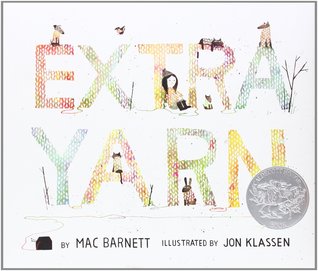I don’t remember where I came across this book trailer last year, but the opening line lingered with me long after watching:
“The word power itself is sort of this dirty word. We don’t like to talk about it, we don’t like to name it–it seems unseemly. And yet, if you don’t understand how power works–what it is, how it flows, who has access to it, who does not–you are essentially being acted upon.”
I love citizenship. Digital citizenship, physical citizenship, local citizenship, global citizenship. I like pondering our ever-shifting roles as individuals and as collective groups. And I enjoy considering how our rights and responsibilities can help us facilitate meaningful change.
Occasionally, however, I allow my focus to get side-tracked to the more pessimistic aspects of change: how long it takes, how many naysayers arise, how insignificant individual deeds seem. All of which invariably leads to feelings of frustration and even helplessness.
In those moments, it seems like all the rights and responsibilities in the world still fall flat for a rather acted-upon existence.
I’ve selected power for my one word goal for this year to face those helpless feelings head-on. To remember that all change starts with the individual. To really live the adage, “Be the change you wish to see in the world.” To focus on the fact that we truly are more powerful than we think because there are always ways we can take action.
I want to find out more about my personal power. I want to get to the other side of fear and find out what choices are available to me to be the change. For me, this might look like…
…researching how I can better prepare to serve future local students when I return to teaching, many of whom are learning English as a second language (so excited about my book recommendation from Donalyn Miller that is currently en route)–to contribute to a strong literacy approach in our school district.
…volunteering with the local bicycle committee–to make my 7 year-olds’s bike trips to school safer and to work toward cleaner air.
…reaching beyond my comfort-zone to learn more about my neighbors and how we might connect–to build a stronger sense of community and safety, even in a part of town often written off as shady.
…working to better walk the talk of agency and empowerment with my own small children–to build my personal congruity and commitment to growing values as an educator and parent.
I look forward to a year of choosing power over fear. I believe that as I explore and better understand my own power, I will be better equipped to teach and empower my future students. May this year be only the beginning of a lifetime of choosing to focus on what is most conducive to change and personal peace.
featured image: DeathToTheStockPhoto






































